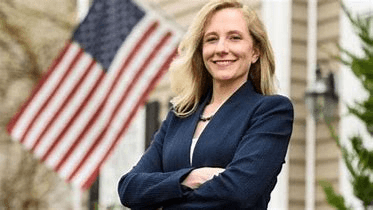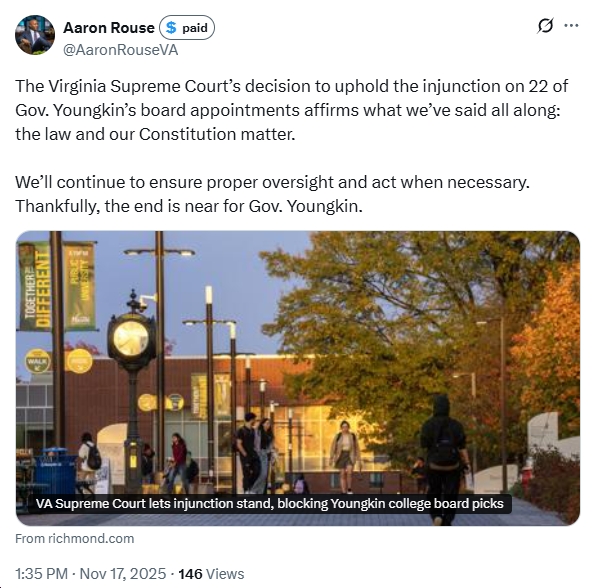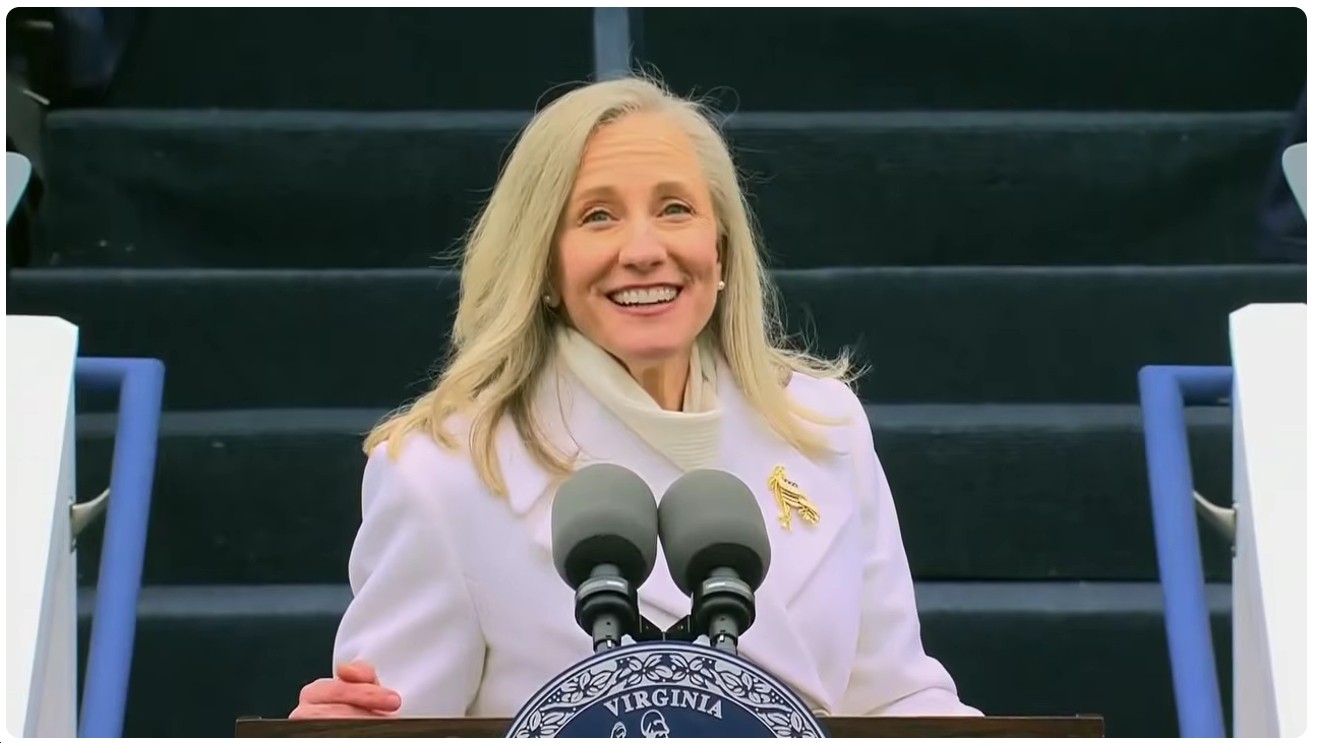by Cindy
Since the passage of HB 582 (Delegate Elizabeth Guzman) and SB 939 (Senator Dick Saslaw) in 2020, which allowed localities to enter into collective bargaining agreements for public employees, many localities have taken advantage of this law and have begun adopting such agreements. While this is a new and exciting opportunity for public employees in Virginia, it is common practice for most of the country, with only a handful of states still prohibiting it.
The City of Falls Church is considering joining the list of localities adopting collective bargaining for school faculty and staff. The School Board and Superintendent heard a presentation on March 8th from Cynthia Hudson, formerly a deputy Attorney General, now an attorney with Sands-Anderson, advising localities on collective bargaining. A follow-up discussion was on March 22.
Soon the School Board will vote on whether to form a team to begin the process of drafting a document detailing the collective bargaining agreement. So far the conversation has been mainly fairly high level, with what has seemed like perhaps excessive focus on the hypothetical costs of having a 3rd party labor relations administrator (under an earlier version of the legislation, a statewide public employee relations board would have been created to centralize these functions, and reduce costs to localities) draft the agreement and a board to address grievances.
But it’s important to recognize that these are generalities, not necessarily what a small locality like Falls Church City should expect. According to Falls Church’s Delegate, Marcus Simon, “Virginia’s new law allowing localities to enter into collective bargaining agreements was tailor-made for jurisdictions like Falls Church City. Because of the City’s relatively small size, employees and management naturally work collaboratively. Allowing teachers to formalize an agreement that gives them a voice in their working conditions, pay, and benefits should be relatively easy. If large jurisdictions like Fairfax County have already begun the process, what’s the City waiting for?”
While there may be costs of implementing collective bargaining for these employees, it’s important that we balance that against the many great benefits to the whole community it yields. A huge part of what makes any place a great place to live is the quality of the local school system, and other local services as well. Collective bargaining leads to a better working environment in the schools – and that working environment is also the place where our kids spend eight hours a day, where they learn the skills they need to be successful, where their college and scholarship opportunities are made.
Falls Church City’s Senator, Dick Saslaw described it this way: “Collective bargaining enables the staff to sit down across the table from the School Board, not just to talk about salaries, but to inform the School Board about what’s going on in the classroom. It creates a better line of communication, and makes the School Board better overseers of the system.”
Collective bargaining leads to better outcomes for teachers and staff–reducing turnover, preventing burnout, attracting the highest quality candidates to our schools. But the kinds of things teachers and staff collectively bargain for don’t just benefit them. They bargain for better student-teacher ratios, better classroom technology and resources, cleaner and safer schools. And that benefits every student and family. It’s no wonder 68% of Virginians support collective bargaining for public employees, according to the Wason Center State of the Commonwealth 2021 Survey!
As SEIU Virginia 512 President David Broder points out, “By giving frontline educators and support staff a seat at the table, collective bargaining will ensure better jobs, safer workplaces, and a quality public education for all working families in the Falls Church community. Every locality in Virginia has a choice to make. Will they live their values and ensure that public educators, social workers, and firefighters have a voice at work, or not?”
Let’s live our values, Falls Church City. Let’s support the teachers and school staff who’ve already worked through incredibly difficult circumstances to ensure our kids received a quality education. Let’s support our public employees having a voice and the ability to collectively negotiate work contracts that support them, and ensure Falls Church City schools are a great place to work and a great place to learn.


![Virginia NAACP: “This latest witch hunt [by the Trump administration] against [GMU] President Washington is a blatant attempt to intimidate those who champion diversity.”](https://bluevirginia.us/wp-content/uploads/2025/07/gmuwwashington.jpg)


![[UPDATED: VA Senate Dems Pass $15/Hour Minimum Wage Bill] VA House Democrats Pass Top Priority, Paid Sick Leave](https://bluevirginia.us/wp-content/uploads/2026/02/housedemspaidsick.jpg)











